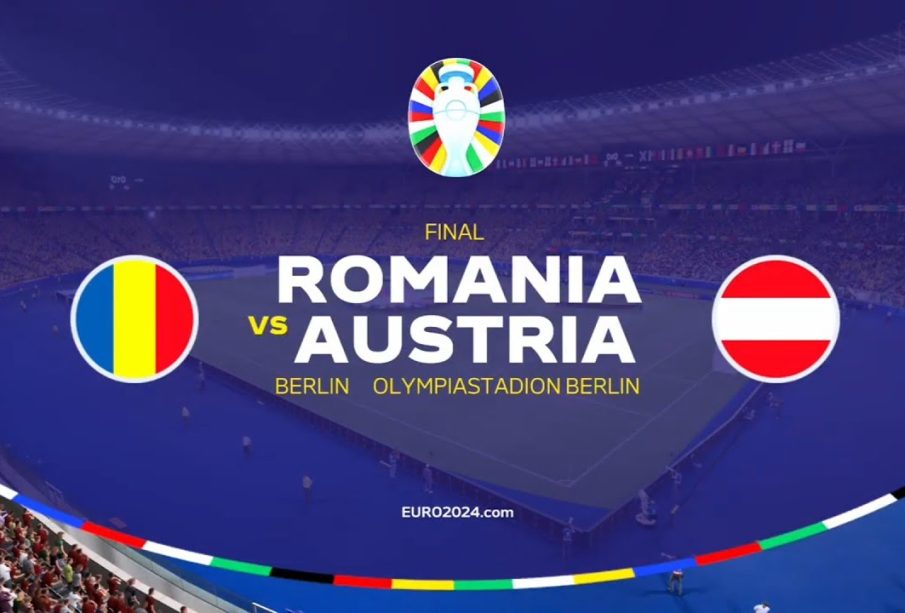Romania vs Austria: A Look at Current Affairs

Introduction
The relationship between Romania and Austria has recently garnered attention due to various political, economic, and cultural developments. Both countries share historical ties and are integral members of the European Union, making their collaboration crucial for regional stability and growth. Understanding these interactions is essential for grasping the dynamics of Central Europe.
Recent Political Developments
In recent months, Romania’s bilateral relationship with Austria has faced challenges, particularly concerning the ongoing migration crisis, which has placed significant pressure on both nations. Austria’s focus on tightening border controls to manage migration flows has led to discussions about the responsibility-sharing principles within the EU. Romanian officials are advocating for a fair distribution of migrants, ensuring that all member states contribute their fair share.
Economic Ties and Trade
Economic collaboration remains a strong suit in the Romania-Austria relationship. Austria is one of Romania’s most significant foreign investors, particularly in sectors like energy, telecommunications, and banking. In 2023, trade between the two countries reached an estimated €7 billion, highlighting the importance of their economic ties. Both governments are keen on enhancing this partnership further to bolster economic recovery post-COVID-19 and address issues like supply chain disruptions.
Culture and Society
Culturally, Romania and Austria maintain rich exchanges, with numerous cultural events and partnerships, particularly in the fields of music and arts. Events such as the Romanian Cultural Days in Vienna and the Austrian Cultural Festivals in Romania foster greater understanding and appreciation between the two societies. Additionally, shared history through periods of monarchy adds a layered depth to their cultural connections.
Conclusion
As Romania and Austria navigate complex political landscapes, their collaborative spirit remains evident in various spheres. The need for continued dialogue on migration policies and economic cooperation is crucial. Looking ahead, the relationship between these two nations not only impacts their respective citizens but also plays a role in shaping broader European Union policies. A strengthened partnership is essential for both countries to address common challenges and enhance their roles within Europe.









